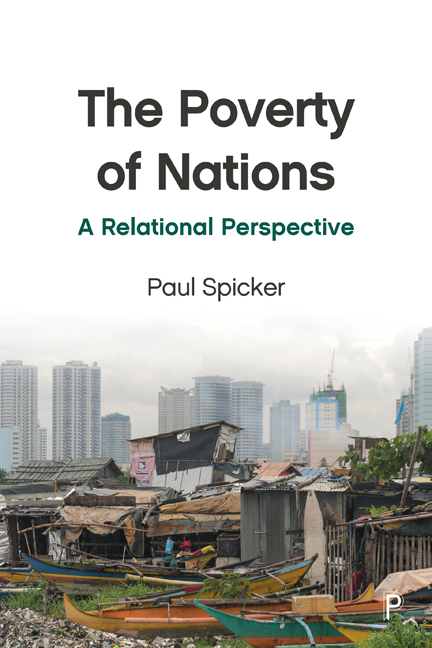12 - Rich and Poor Countries
Published online by Cambridge University Press: 18 March 2021
Summary
There is a fundamental, far-reaching imbalance in the position of rich and poor countries. Singer and Ansari point to the unequal distribution of:
military power;
financial and economic power;
technological expertise;
industrial production;
commercial power;
the influence of multinational corporations; and
food security – the developed countries dominate here, too.
The main exception they point to is oil. Natural resources in general have proved to be a curse for many countries; they offered the imperial powers an irresistible lure, and, Easterly argues, left the countries a legacy of vested interests that resisted all attempts to redistribute the resources subsequently. Corrupt practice, too, is rife. Much of the finance that flows between developing countries and the developed world is illicit, reflecting criminal activity and illegal extraction of funds. In terms of volume, illicit flows have been said to account on average for about 20% of the trade of developing countries, and while some passes through less wealthy countries, about half of the money ultimately ends up in tax havens or developed countries.
After military power, the disadvantage of poor countries is arguably most visible in the system of international trade. The arguments for international trade are powerful ones. The most basic theoretical justification is the idea of comparative advantage. In the process of commercial trade, it will usually emerge that one partner will be better doing one thing, the other will be better doing something else. If they both concentrate on what they’re good at, and exchange goods and services on that principle, they can both be better off than they would be if they did it all by themselves.
There are several arguments for protection – that is, for preventing or deterring the importation of goods. An example is the claim that countries need ‘food security’. The concept was introduced at the World Food Summit in 1996 to mean that ‘all people at all times have access to sufficient, safe, nutritious food to maintain a healthy and active life’. At that level, it is fairly uncontentious. It becomes contentious when the idea gets translated into a demand for national self-sufficiency in food production and distribution.
- Type
- Chapter
- Information
- The Poverty of NationsA Relational Perspective, pp. 163 - 182Publisher: Bristol University PressPrint publication year: 2020



